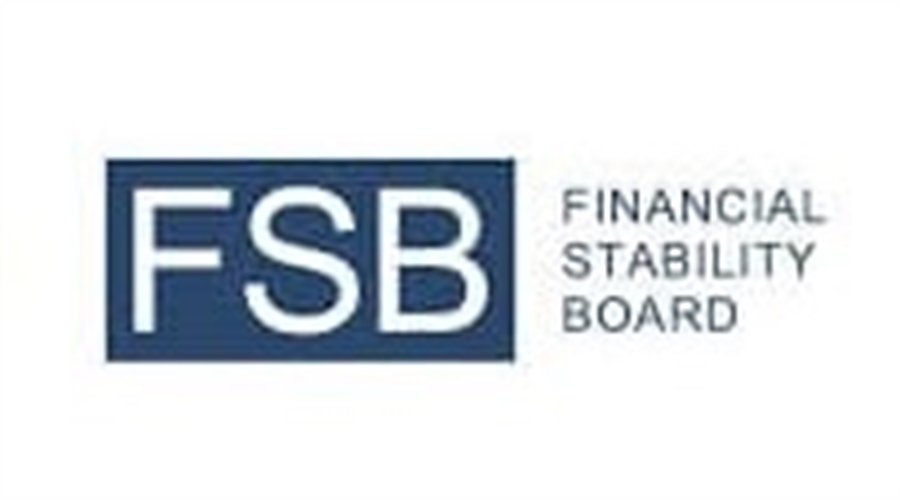The Financial Stability Board (FSB) released a statement on Monday on the international regulation and supervision of cryptocurrency activities, including stablecoins, highlighting that the sphere is ‘fast-evolving.’
The FSB noted that the recent turmoil in crypto-asset markets had exposed their inherent volatility, structural vulnerabilities, as well as their increasing interconnection with traditional financial systems. “Crypto-assets and markets must be subject to effective regulation and oversight commensurate to the risks they pose, both at the domestic and international level. Even as jurisdictions consider potential changes to their frameworks, so-called stablecoins and other crypto-assets do not operate in a regulation-free space and must adhere to relevant existing requirements where regulations apply to address the risks these assets pose,” the Board commented.
Additionally, the FSB advised crypto-asset service providers to ensure compliance with existing legal obligations in their jurisdictions at all times. This includes both crypto-asset-specific requirements and general requirements.
The Board pointed out that as a result of the recent turmoil in crypto-asset markets, the FSB and the international standard-setting bodies should continue to address the potential financial stability risks associated with crypto-assets, including stablecoins.
“The FSB will continue to facilitate cross-border and cross-sectoral cooperation among national financial authorities and international standard-setting bodies as they work towards developing a common understanding of the wide spectrum of crypto-assets as well as regulatory and supervisory policies that are risk-based technology-neutral, and grounded in the principle of “same activity, same risk, same regulation,” the FSB stated.
Stablecoins Regulation
In a report published in April, the FSB made 10 recommendations for properly regulating stablecoins, the digital currencies pegged to fiats or other traditional assets.
The G20 supervisory body has pointed out the risks associated with stablecoins but also pointed out that the nature of the risks could change over time. The body seeks regulations on the sector which are “proportionate to the risks, and stress the need for flexible, efficient, inclusive, and multi-sectoral cross-border cooperation, coordination and information-sharing arrangements that take into account the evolution of ‘global stablecoin’ arrangements and the risks they may pose over time.”
The Financial Stability Board (FSB) released a statement on Monday on the international regulation and supervision of cryptocurrency activities, including stablecoins, highlighting that the sphere is ‘fast-evolving.’
The FSB noted that the recent turmoil in crypto-asset markets had exposed their inherent volatility, structural vulnerabilities, as well as their increasing interconnection with traditional financial systems. “Crypto-assets and markets must be subject to effective regulation and oversight commensurate to the risks they pose, both at the domestic and international level. Even as jurisdictions consider potential changes to their frameworks, so-called stablecoins and other crypto-assets do not operate in a regulation-free space and must adhere to relevant existing requirements where regulations apply to address the risks these assets pose,” the Board commented.
Additionally, the FSB advised crypto-asset service providers to ensure compliance with existing legal obligations in their jurisdictions at all times. This includes both crypto-asset-specific requirements and general requirements.
The Board pointed out that as a result of the recent turmoil in crypto-asset markets, the FSB and the international standard-setting bodies should continue to address the potential financial stability risks associated with crypto-assets, including stablecoins.
“The FSB will continue to facilitate cross-border and cross-sectoral cooperation among national financial authorities and international standard-setting bodies as they work towards developing a common understanding of the wide spectrum of crypto-assets as well as regulatory and supervisory policies that are risk-based technology-neutral, and grounded in the principle of “same activity, same risk, same regulation,” the FSB stated.
Stablecoins Regulation
In a report published in April, the FSB made 10 recommendations for properly regulating stablecoins, the digital currencies pegged to fiats or other traditional assets.
The G20 supervisory body has pointed out the risks associated with stablecoins but also pointed out that the nature of the risks could change over time. The body seeks regulations on the sector which are “proportionate to the risks, and stress the need for flexible, efficient, inclusive, and multi-sectoral cross-border cooperation, coordination and information-sharing arrangements that take into account the evolution of ‘global stablecoin’ arrangements and the risks they may pose over time.”



